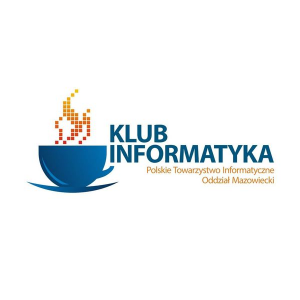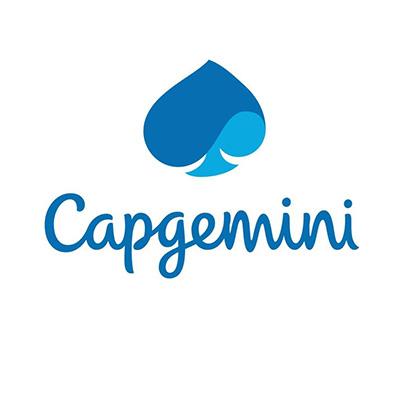CFP -- SI -- Scalability and Sustainability in Distributed Sensor Networks
## Introduction
Advancements in sensor technology and networking have led to the evolution of large, distributed clusters of microsensors. It also kicks up the transition from fixed sensors to mobile nodes, wired to wireless communication, and from static network topology to dynamic network topology. Appropriate distributed services and network protocols provide a solution to mobility, dispersion, weak and intermittent disconnection, dynamic reconfiguration, and limited power availability. Distributed Sensor Networks (DSNs) must self-organize their routing and key management as it is one the integral parts of the IoT domain with its application in the military sector, environmental protection, industrial monitoring, smart cities, and many more. More attention is required to promote an efficient method for exchanging information between the nodes, and Collaborative Signal Processing between the nodes to gather useful information about the physical world. DSNs emulate the asset of sensor hardware and support extensible radio models such that the applications can be simulated with high reliability and also employs a distributed-memory parallel cluster system to attack the complex simulation problem. Due to hardware issues, depleted batteries, and environmental factors; sensor nodes are prone to frequent topological changes. This requires a design of network topology with a high degree of inherent fault tolerance and the ability to configure itself. Local collaboration of nearby sensor nodes achieves a higher level of confidence and improvement in sensing quality is achieved by integrating multiple independent sensors.
The technological advancements pose new challenges due to limited bandwidth, power constraints, and unstable and dynamic environments. Technological and research advances are required to gain scalability in a significant manner. Such advancements are necessary for network protocols, middleware, and operating systems, data processing algorithms, etc. Different technologies evolving around cloud and edge computing allow organizing streamlined development and operational tasks. These technologies allow a flexible development and integration process of the system components and facilitate monitoring and scalability. Further, IoT software services can be modelled using microservices design patterns. This special issue aims to look into the possibilities and the schemes to meet the challenges in the domain of distributed sensor networks with a particular focus on scalability and sustainability.
## Recommended topics (but not limited to)
Authors are invited for original contributions on, but not limited to, the themes and topics in the following areas of research:
Localization and Synchronization in Sensor Networks
Efficient Device-to-Cloud Integration for Scalable Sensor and Actuator Networks
Distributed Sensor Networks - Networking / Caching Issues
Edge Computing for Scalable Sensor and Actuator Networks
Sensor Networks for the Internet of Things (IoT)
Efficient Device-to-Cloud Integration for Scalable Sensor and Actuator Networks
Real-time embedded systems
Pervasive and ubiquitous systems
Real-time embedded systems
Machine Learning in energy-efficient distributed sensor networks
Fog and Mobile Edge Computing
Advances in Cloud Computing, Grid and cluster computing
Deep Learning for Distributed Sensor Networks
Distributed Sensor Networks Data Analytics
## Important dates
Submission deadline: 31 August, 2023
Authors notification: 31 November, 2023
Completion of Special Issue: 31 December, 2023
## Submission guidelines
Original and unpublished works on any of the topics aforementioned or related are welcome. The SCPE journal has a rigorous peer-reviewing process and papers will be reviewed by at least two referees. All submitted papers must be formatted according to the journal's instructions, which can be found here.
During submission please select a Special Issue that you want to submit to and provide this information in the Comments for the Editor field.
## Guest Editors
Dr. Sathishkumar V E, Department of Software Engineering, Jeonbuk National University, Jeonji-si, Jeollabuk-do, Republic of Korea, email: [email protected]
Dr.Venkatachalam K, Department of Applied Cybernetics, University of Hradec Kralove , Hradec Kralove,Hradec Kralove, Czech Republic, email: [email protected]
Prof. Dr. Fadi Al-Turjman, Head of the Department of Artificial Intelligence Engineering. Near East University, Nicosia, Cyprus, email: [email protected]







